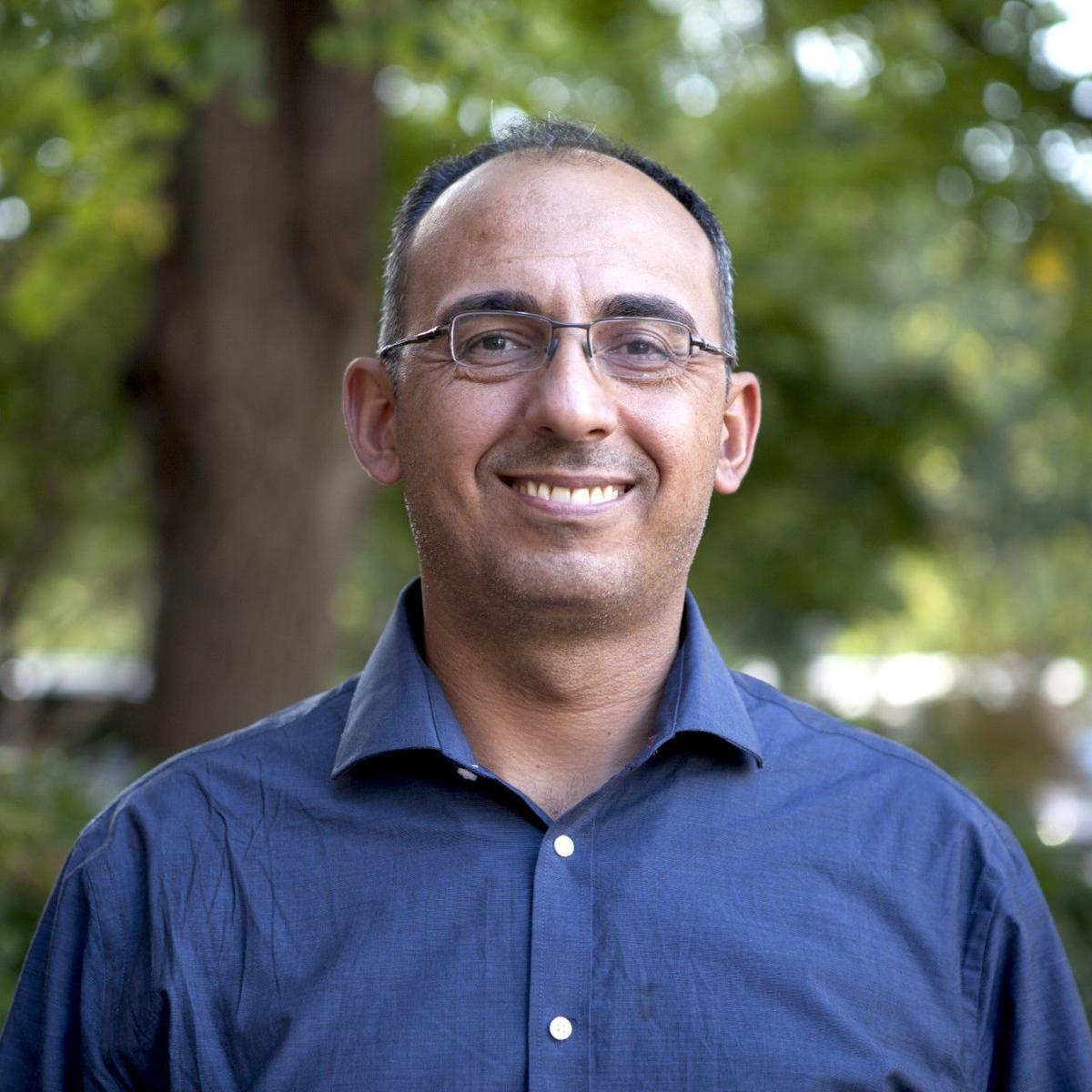In 2010, Bassam Mahmood fled Iraq with his wife and son.
As an interpreter, translator and cultural advisor working with the U.S. military, Mahmood became a target for al-Qaida His family came to Tucson through the Special Immigrant Visa program.
He knows what it feels like to leave behind a life.
This week, Mahmood is far from home — not Iraq, but Tucson.
He joined refugee delegates from all 50 states and Washington, D.C. in the nation’s capitol for the Refugee Congress, an advocacy organization dedicated to giving refugees and asylum-seekers a voice.
This is the third Refugee Congress.
Since Monday, the delegates have shared their ideas and experiences as refugees, asylum-seekers and people with no state. Some of the topics have included the resettlement of Syrian refugees in the U.S. and the one-year filing deadline for asylum-seekers, Mahmood said.
The three-day gathering concluded Wednesday when delegates met with senators and representatives from their respective states, said Christopher Boian, a spokesman for the UN Refugee Agency, or UNHCR, a supporter of the independent Refugee Congress.
Of meeting an Arizona legislator, Mahmood said, laughing, “You’re gonna meet the big guys.”
Delegate goals include supporting legislation that aids refugees, immigrants and asylum-seekers, Mahmood said.
“Our goal is also to explain who are immigrants and refugees and asylum-seekers,” he added. “In my opinion, this is the most important thing, to clarify the picture and idea of who we are.”
Mahmood, 40, is a father of three. His eldest is 9, his daughter — his “princess” — is 5, and the youngest is almost 1.
Mahmood also works with kids through his job as a community liaison at Secrist Middle School. Soon, he will begin teaching Arabic at Doolen Middle School.
The refugee students he interacts with “have wonderful ideas about America … but the thing is we have to train them and try to guide them how to mingle and blend with the new society because they have a different cultural background,” he said.
Since coming to Tucson, he has continued his work as a translator and interpreter, often working with local resettlement agencies to help new-to-Tucson refugees adjust.
Mahmood came to Tucson with a bachelor’s degree in English literature and dreamed of a getting his master’s degree.
He did it, earning a degree in business administration from the University of Phoenix.
His is also an American citizen.
Now he speaks for families like his own.
“It’s vitally important that people ranging from policy makers in Washington to educators to all of the people who work in refugee assistance to the general public hear from refugees themselves,” Boian said. “Hear their experience. Hear their gratitude.”
Helping others transition has become a personal mission for Mahmood — and a passion that unites him with others at Refugee Congress whose own stories hail from around the world.
“I am here in the United States, and praise God for the freedom and liberty and the freedom of speech and the educated people and the good-hearted people and how they treat each other,” Mahmood said. “This is something like a gift for me.”





